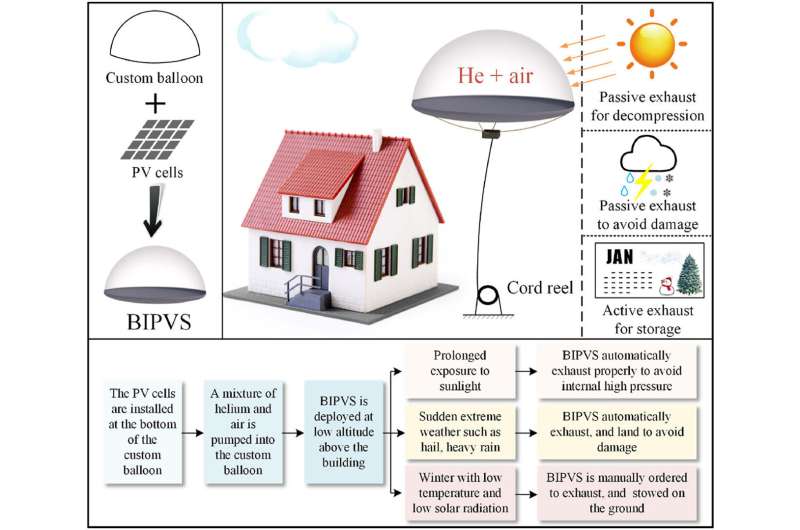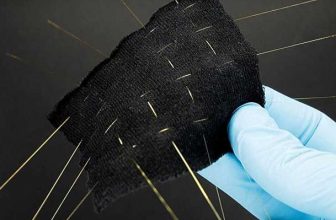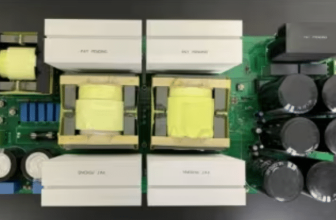
Check out our latest products
A solar power solution that combines efficiency, portability, and resilience. Capable of generating up to 4 GWh monthly, this hybrid solar balloon system is poised to transform decentralized energy production worldwide.

A collaboration between researchers from Mälardalen University in Sweden, Southwest Jiaotong University, and Guizhou University in China has led to the development of an innovative system for producing and delivering solar power. Detailed in the journal Energy, the system, known as the Balloon-Integrated Photovoltaic System (BIPVS), offers a novel approach to decentralized energy production, especially in areas where traditional solar power is less viable.
The BIPVS employs a hybrid balloon that remains aloft using a combination of helium and air. Its design features a transparent top half that captures and concentrates sunlight through its refractive properties, while the bottom half further focuses the light to maximize solar energy collection. Photovoltaic cells, strategically placed on the underside of the balloon, convert sunlight into electricity and are shielded from adverse weather conditions like rain, snow, and hail.

Electricity generated by the system is transmitted to the ground via an electrical cord, and the balloon is stabilized using four cables. An integrated exhaust valve manages internal gas pressure, ensuring operational stability. Additional modules for energy storage and flow control are housed adjacent to the solar cells. The balloon is positioned high enough to avoid obstructions from trees or buildings, optimizing sunlight exposure.
Testing and simulations conducted in various global locations indicate impressive performance, with a single balloon capable of generating 3.5 to 4 GWh of power monthly. This modular system can scale easily, with multiple balloons deployed to meet larger energy demands. This technology addresses challenges faced by traditional solar setups, particularly in northern latitudes where snow and inclement weather hinder efficiency. By combining portability, resilience, and high efficiency, the BIPVS offers a promising solution for clean energy generation in diverse environments.


![[5G & 2.4G] Indoor/Outdoor Security Camera for Home, Baby/Elder/Dog/Pet Camera with Phone App, Wi-Fi Camera w/Spotlight, Color Night Vision, 2-Way Audio, 24/7, SD/Cloud Storage, Work w/Alexa, 2Pack](https://m.media-amazon.com/images/I/71gzKbvCrrL._AC_SL1500_.jpg)



![[3 Pack] Sport Bands Compatible with Fitbit Charge 5 Bands Women Men, Adjustable Soft Silicone Charge 5 Wristband Strap for Fitbit Charge 5, Large](https://m.media-amazon.com/images/I/61Tqj4Sz2rL._AC_SL1500_.jpg)





